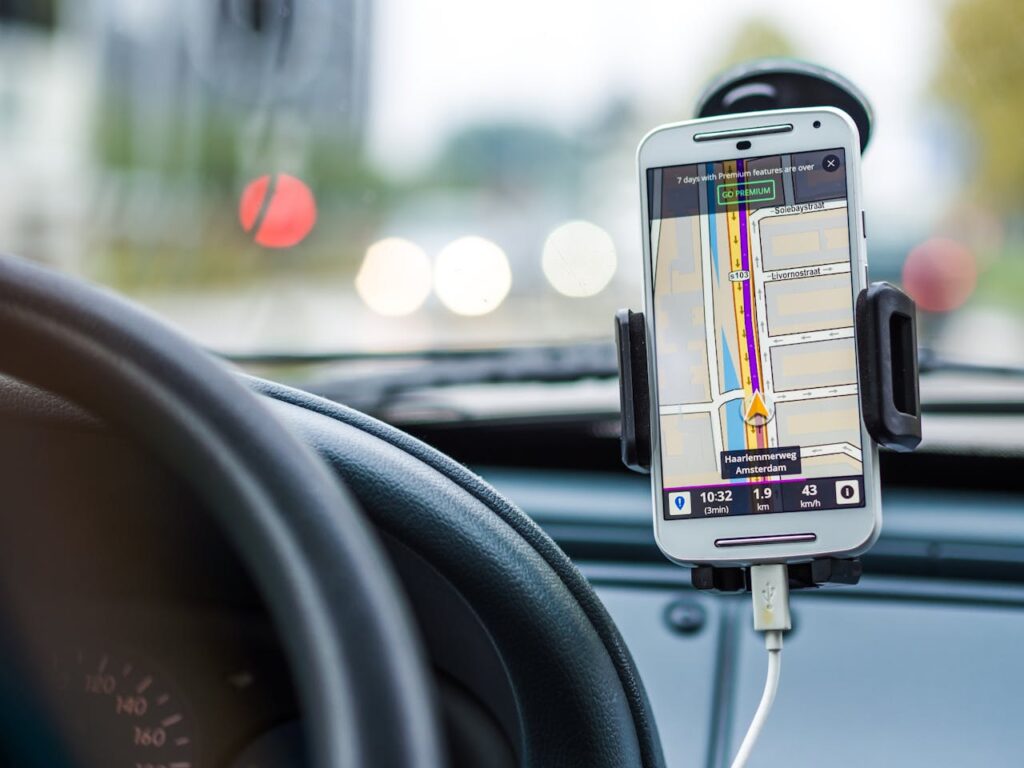
In today’s world, GPS technology has become an indispensable tool for outdoor enthusiasts, particularly those who love hiking and camping. GPS devices provide accurate navigation, location information, and safety features, making them invaluable companions on your adventures.
Key Benefits of GPS in Hiking and Camping
- Navigation:
- Precise Location: GPS devices determine your exact location, ensuring you stay on track and avoid getting lost.
- Route Planning: Many GPS devices allow you to plan and follow specific routes, whether you’re using pre-loaded maps or creating your own.
- Waypoints: You can mark important points along your route, such as campsites, landmarks, or emergency exits.
- Safety:
- Emergency SOS: Some GPS devices have built-in emergency SOS features that can send your location to emergency services in case of trouble.
- Backtracking: If you find yourself lost or need to retrace your steps, GPS devices can help you navigate back to your starting point.
- Tracking: You can track your progress and distance traveled, ensuring you stay within your planned itinerary.
- Information:
- Topographic Maps: Many GPS devices come with pre-loaded topographic maps, providing valuable information about terrain, elevation, and potential hazards.
- Points of Interest: GPS devices can help you locate nearby points of interest, such as campsites, hiking trails, water sources, and attractions.
- Communication:
- Messaging: Some GPS devices allow you to send and receive messages with others, even in areas with limited cellular coverage.
- Group Tracking: If you’re hiking with a group, you can use GPS to track the location of other members and ensure everyone stays together.

Choosing the Right GPS Device
When selecting a GPS device for hiking and camping, consider the following factors:
- Features: Determine which features are most important to you, such as navigation, safety, mapping, and communication.
- Battery Life: Ensure the device has a long battery life to withstand extended outdoor use.
- Durability: Look for a device that is rugged and can withstand harsh weather conditions.
- Ease of Use: Choose a device with a user-friendly interface that is easy to navigate.

By incorporating a GPS device into your hiking and camping adventures, you can enhance your safety, navigation, and overall experience. Whether you’re exploring new trails or simply want to avoid getting lost, GPS is a valuable tool that can help you make the most of your outdoor pursuits.
